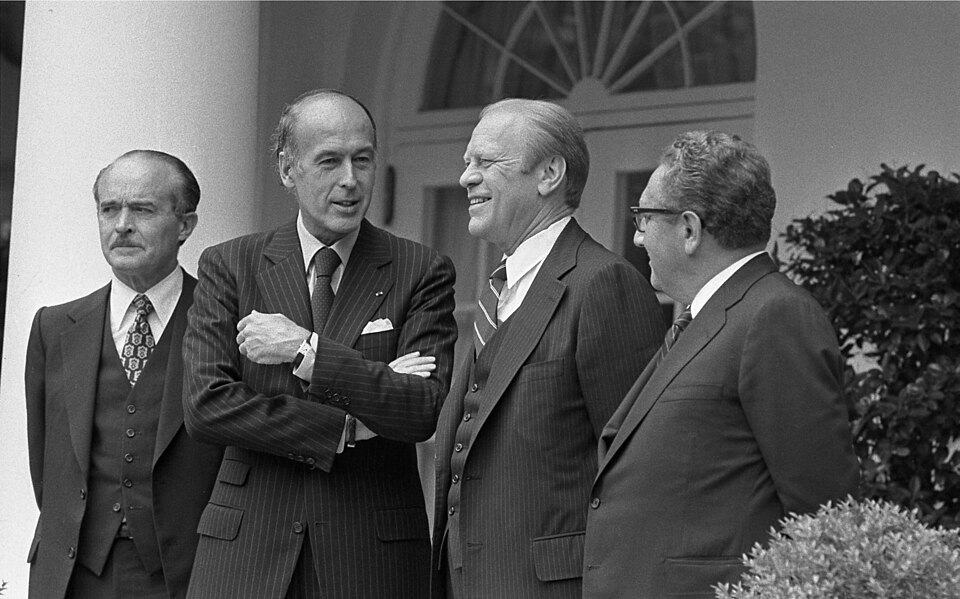The European Union has set up political and military crisis-management structures under the ESDP and yet there is no interparliamentary body within the EU to supervise intergovernmental cooperation in that area. Although a series of parliamentary confer-ences has taken place on the subject, it has not been possible to reach agreement on a model for the parliamentary dimension of the ESDP. Klaus Bühler, President of the Assembly of WEU, attended those conferences. He explains why there is a parliamentary deficit in connection with the ESDP and proposes to remedy it by taking as an example the model provided by existing interparliamentary assemblies.
Involving parliamentarians in the ESDP
The parliamentary conference held in Brussels on 6-7 November 2001 for the purpose of drafting a practical proposal to be submitted to the heads of state and government at the Laeken European Council (14-15 December 2001) on what form the parliamentary dimension of the ESDP should take ended in failure. This conference, which in view of its remit could also have been called a “European convention on parliamentary scrutiny of the ESDP”, was unable to produce a consensus among national parliamentarians from the 15 EU member states and members of the European Parliament. Under the procedure proposed at the end of the conference, contacts with the European executive would have been limited to far too small a group of parliamentarians and for this reason the proposal was rejected by a large number of national members of parliament.(1)
The participants could not agree on an arrangement for interparliamentary scrutiny of the ESDP over the period between now and the next Intergovernmental Conference (scheduled for the second half of 2004) that could also have served as a basis for the deliberations the Convention on the future of Europe is to hold on the role of national parliaments in the European Union.
The Parliamentary Deficit
The Assembly of WEU(2)—the interim European Security and Defence Assembly—also sent a delegation, which I had the privilege of leading, to the conference as it had done to those which preceded it (14 May 2001 in The Hague and 2-3 July 2001 in Brussels). The Assembly is an essential partner in any negotiations for it has to be remembered that the debate on the national parliaments’ role in the ESDP began with the Assembly’s “Lisbon Initiative” in March 2000. It was therefore at a very early stage that the Assembly drew attention to the risk of a deficit in parliamentary scrutiny over intergovernmental cooperation arising as a result of a selective transfer to the EU of WEU’s executive responsibilities for international crisis management.
Il reste 91 % de l'article à lire
Plan de l'article




_astronaut_Sophie_Adenot_(jsc2025e058846_alt).jpg)



